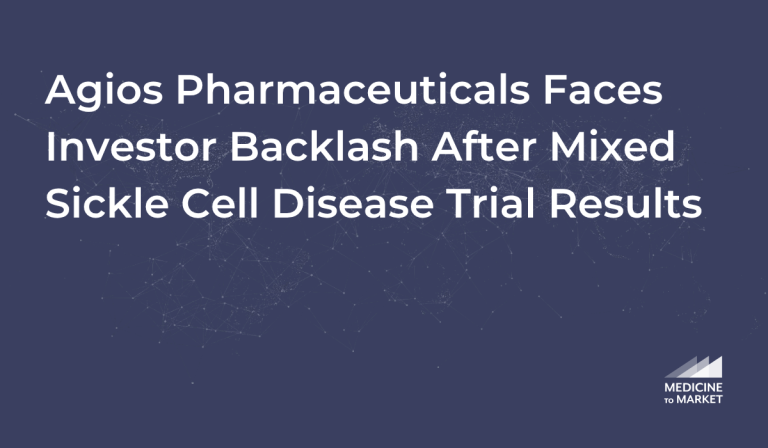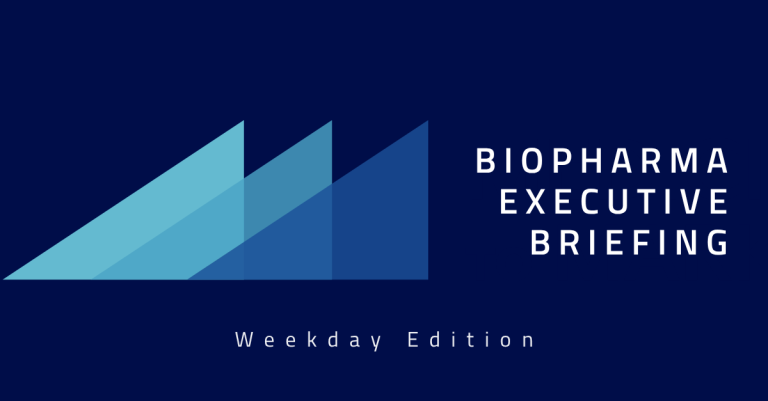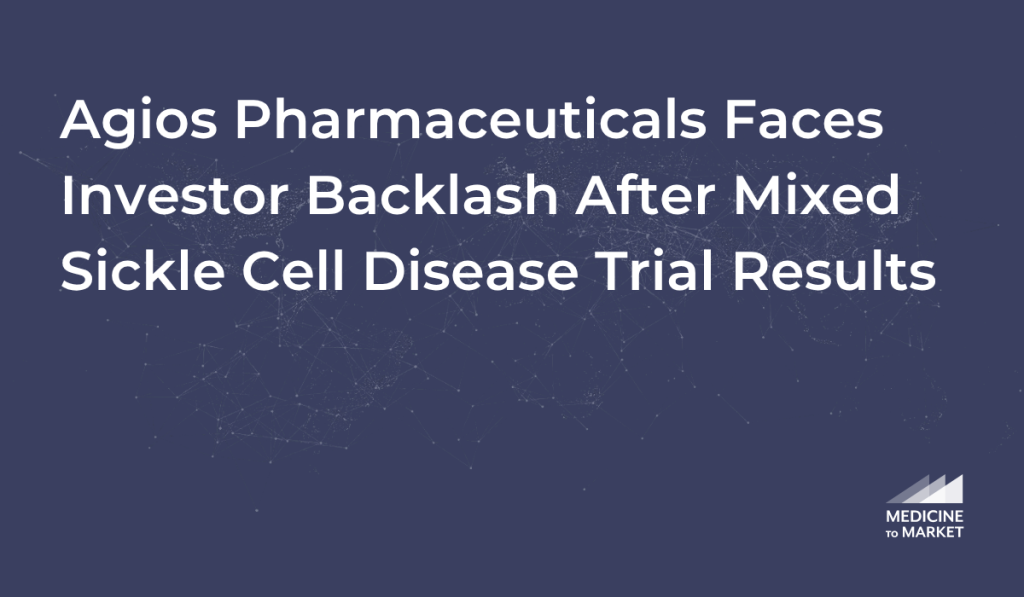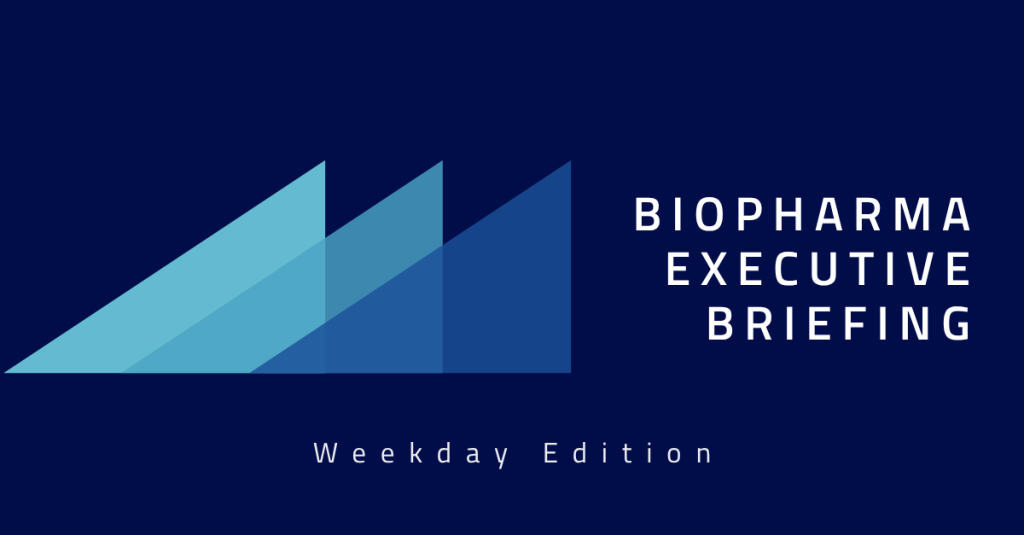Agios Pharmaceuticals recently faced a substantial decline in its stock value following the announcement of mixed results from a Phase 3 clinical trial for its drug Pyrukynd (mitapivat) aimed at treating sickle cell disease.
While the trial did not demonstrate a significant reduction in pain crises compared to placebo, it did achieve a noteworthy secondary objective, showing that 41% of participants experienced increased hemoglobin levels.
As the company navigates these complex results, discussions surrounding potential FDA approval are underway, focusing on future prospects and the treatment landscape for this challenging blood disorder.

Key Takeaways
- Agios Pharmaceuticals’ stock dropped significantly following mixed Phase 3 trial results for Pyrukynd.
- Despite failing to meet the primary endpoint, the drug showed promise in increasing hemoglobin levels for some participants.
- The company is still pursuing FDA approval for Pyrukynd, which could address gaps in the challenging treatment landscape for sickle cell disease.
Overview of Phase 3 Trial Results
The recent Phase 3 trial results for Pyrukynd (mitapivat) by Agios Pharmaceuticals have stirred considerable discussion in the biopharma sector.
After the announcement of these results, Agios saw its share price plummet from around $45 to $24, reflecting investor concerns over the drug’s mixed performance.
While Pyrukynd did not meet its primary endpoint of significantly reducing pain crises in patients with sickle cell disease compared to a placebo, it did achieve a noteworthy secondary objective, demonstrating that 41% of participants experienced increased hemoglobin levels, in stark contrast to a mere 3% for the placebo group.
This outcome indicates a potential therapeutic benefit that Agios is keen to communicate to regulatory bodies, particularly as the company contemplates seeking FDA approval despite the primary trial shortcomings.
Notably, Agios expects a decision regarding the drug’s application for beta thalassemia by December 7, 2025, which adds a layer of urgency and potential for future upside.
As the treatment landscape for sickle cell disease faces significant challenges—including recent product withdrawals and slow adoption of genetic therapies—the approval of Pyrukynd could fill critical gaps in available treatments, making the ongoing developments from Agios essential to monitor for stakeholders within the biopharma community.
Implications for Agios Pharmaceuticals and Future Prospects
The implications of these mixed trial results for Agios Pharmaceuticals are profound and multifaceted.
While the initial decline in share price reflects immediate investor apprehension, it also highlights the volatility inherent in biopharma advancements.
The partial success demonstrated by Pyrukynd through its ability to significantly increase hemoglobin levels suggests that there remains a viable market opportunity if the FDA grants approval for sickle cell disease treatment.
As the landscape is evolving, with few effective treatment options available and a notable gap left by recent market withdrawals, Agios is strategically positioned to potentially carve out a niche.
Investor sentiment could improve if Agios successfully communicates the potential benefits of Pyrukynd to regulators, particularly in juxtaposition with the growing need for innovative therapies in hematological conditions such as beta thalassemia.
This dynamic scenario presents ongoing opportunities for investors, healthcare providers, and patients, as it underscores the delicate balance between risk and reward in the field of biopharma.















